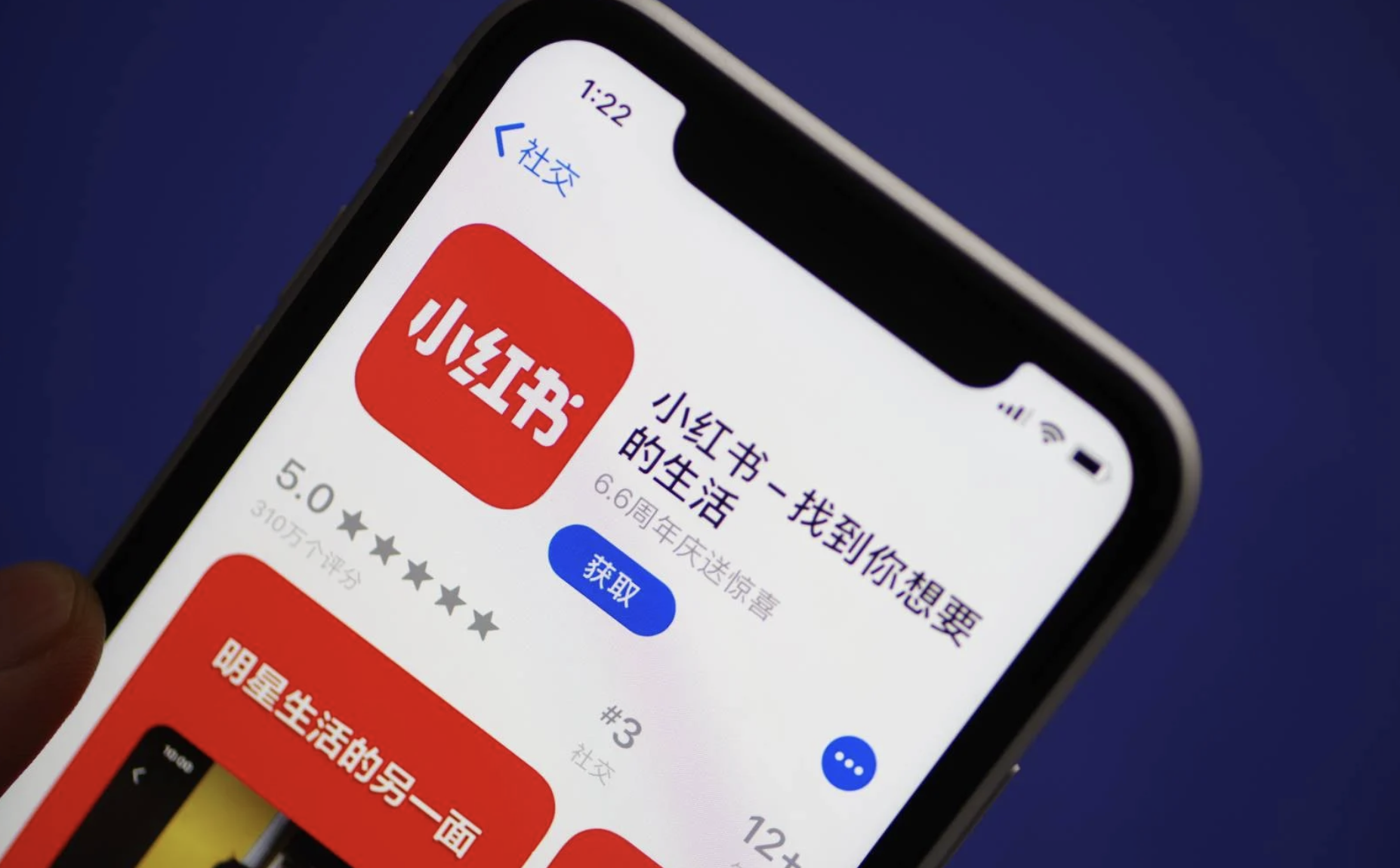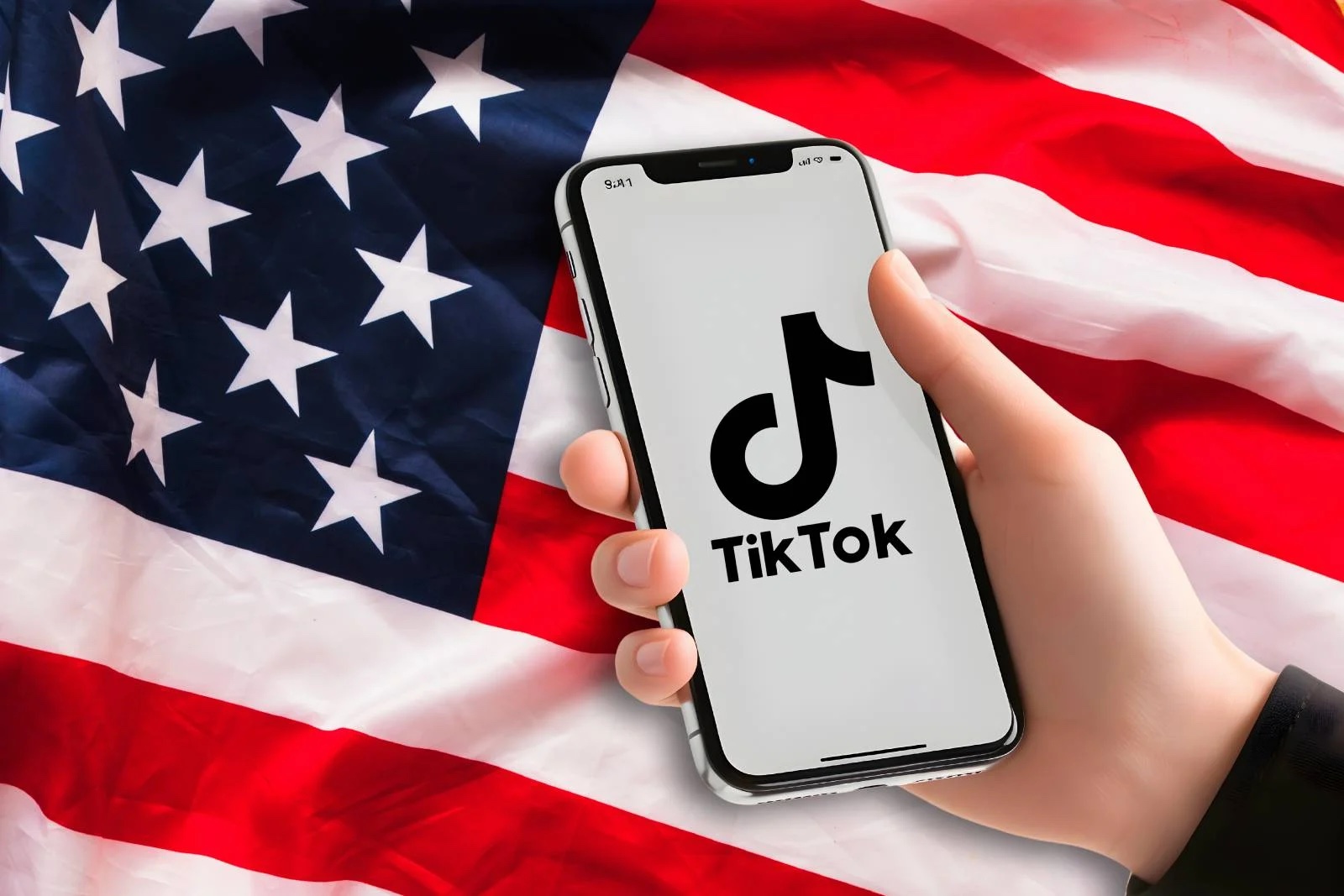Img: antaranews.com
Indonesia has implemented a ban on the sale of Google’s smartphone products, following a similar restriction on Apple’s iPhone 16, due to non-compliance with local manufacturing regulations. The country’s policy requires smartphones sold domestically to contain at least 40% locally manufactured components.
“We are enforcing these rules to ensure fairness for all investors in Indonesia,” stated Febri Hendri Antoni Arief, spokesperson for the industry ministry, on Thursday. The ministry emphasized that Google’s products have failed to meet the established local content requirements.
In response to the ban, Google clarified that its Pixel phones are not officially distributed in Indonesia. While consumers can still purchase Google Pixel phones overseas and import them for personal use (subject to applicable taxes), the Indonesian government warned it might consider deactivating illicitly sold devices.
Key Points:
- The ban follows last week’s restriction on iPhone 16 sales for similar reasons
- Companies can meet local content requirements through partnerships with local suppliers or domestic sourcing
- Neither Google nor Apple are leading smartphone vendors in Indonesia
- OPPO (China) and Samsung (South Korea) dominated the market in Q1 2024
Market Impact and Criticism: Bhima Yudhistira, director of the Center of Economic and Law Studies think tank, criticized the policy as “pseudo” protectionism, arguing it:
- Negatively impacts consumer choice
- Affects investor confidence
- Creates unfavorable sentiment for potential investors
Indonesia, with its large tech-savvy population, remains a crucial market for technology investments in Southeast Asia, making these regulatory decisions particularly significant for global tech companies considering market entry or expansion.









